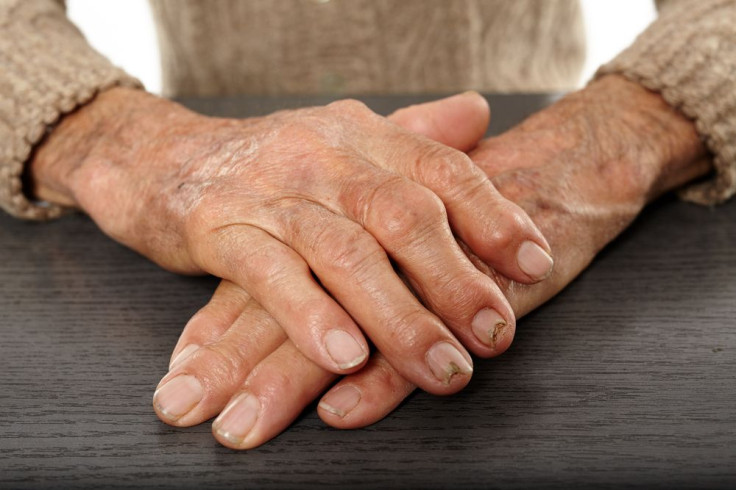Scientists Find Inflammation Plays Role In Delirium Among Older Adults

When we think of delirium, our first thought might be the last time we pulled an all-nighter. Serious delirium, however, is an organically caused decline in cognitive function, specifically affecting older adults. New research published in The Journals of Gerontology, Series A: Biological Sciences and Medical Sciences, has confirmed that inflammation, caused when the body attempts to protect itself from harmful stimuli, plays a significant role in the state of delirium.
For the study, researchers examined data from a patient cohort called SAGES (Successful Aging after Elective Surgery Study), which has followed 566 non-cardiac surgical patients over the age of 70 for the past five years. The study found that patients who were older and suffered from delirium had higher levels of the inflammatory marker interleukin-6 (IL-6) two days after surgery, as well as higher levels of interleukin 2 (IL-2) in patients with delirium.
“Delirium complicates hospital stays for millions of elderly individuals in the United States each year,” Dr. Edward Marcantonio, co-senior author and director of the Aging Research Program in the Division of General Medicine and Primary Care at Beth Israel Deaconess Medical Center and professor of medicine at Harvard Medical School, said in a statement. “With strong evidence for the involvement of IL-6 and evidence for the involvement of IL-2 in patients with delirium, it appears that inflammation is indeed a basic mechanism underlying this condition.”
When trying to examine the association between delirium and inflammatory cytokines, the authors used a three-stage approach after adjusting for different factors like age, gender, and surgery type. The first stage was what they called a discovery cohort, which used a dataset from the first 272 SAGES participants, where the researchers identified 39 matched pairs of delirium cases and no-delirium controls. The second stage was to consider the remaining SAGES participants and identified 36 match pairs of delirium cases as well as controls, which are called the replication cohort. Finally, the third is that they combined these two cohorts, which contained 75 matched pairs of delirium.
In order to establish a baseline figure for the cytokines, researchers measured cytokines in blood samples prior to surgery. These measurements were taken at three different time periods, which created more objectivity in their analysis. Most prior research on inflammation and delirium has been collected on a single point, as opposed to this study which collects data on several points in time.
What makes these findings important is being able to link inflammation to delirium and focus on making patients better as they transition out of the hospital. These findings help researchers and clinicians identify those who are at the greatest risk at the earliest stages and can help to appropriate the right kind of treatment for those patients.
“Delirium is the common complication among hospitalized elders,” Marcantonio said. “Once widely assumed to be a short-term, transient condition, there is now evidence that delirium and its effects can last long after patients have left the hospital.”
Source: Marcantonio E, Vasunilashorn S, Ngo L, et al. Cytokines and Postoperative Delirium in Older Patients Undergoing Major Elective Surgery. The Journals of Gerontology, Series A: Biological Sciences and Medical Sciences. 2015.



























